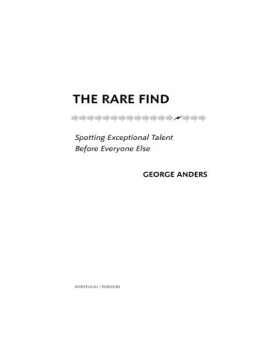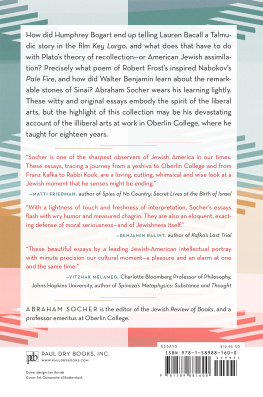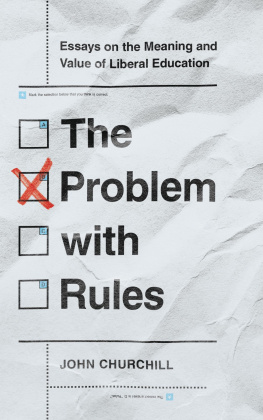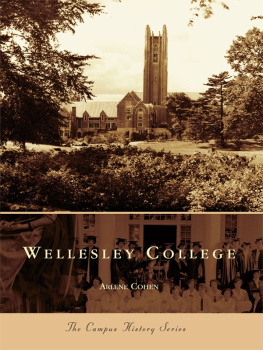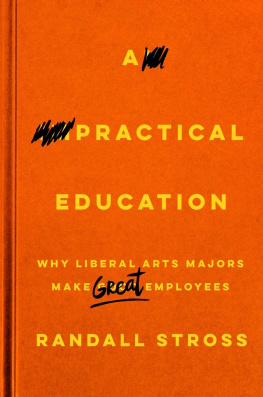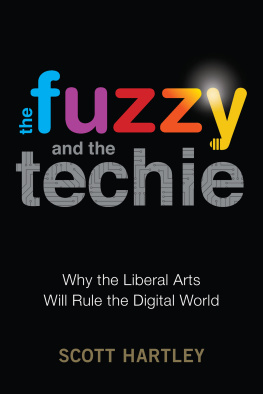Copyright 2017 by George Anders
Cover design by Gregg Kulick
Author photograph by Dawdy Photography
Cover 2017 Hachette Book Group, Inc.
Hachette Book Group supports the right to free expression and the value of copyright. The purpose of copyright is to encourage writers and artists to produce the creative works that enrich our culture.
The scanning, uploading, and distribution of this book without permission is a theft of the authors intellectual property. If you would like permission to use material from the book (other than for review purposes), please contact permissions@hbgusa.com. Thank you for your support of the authors rights.
Little, Brown and Company
Hachette Book Group
1290 Avenue of the Americas, New York, NY 10104
littlebrown.com
twitter.com/littlebrown
facebook.com/littlebrownandcompany
First ebook edition: August 2017
Little, Brown and Company is a division of Hachette Book Group, Inc. The Little, Brown name and logo are trademarks of Hachette Book Group, Inc.
The publisher is not responsible for websites (or their content) that are not owned by the publisher.
The Hachette Speakers Bureau provides a wide range of authors for speaking events. To find out more, go to hachettespeakersbureau.com or call (866) 376-6591.
ISBN 978-0-316-54885-4
E3-20191114-JV-PC-DPU
For Betsy, Matthew, and Peter
and all the adventures still ahead
When Josh Sucher graduated from Bard College in 2007, he had no idea how to find a job. He had spent four yearsand large amounts of his parents moneystudying anthropology. He knew how to conduct ethnographic studies as an insider or outsider; he could tell you the most amazing things about witchcraft in different societies. His senior thesis had analyzed the constructivist underpinnings of a one-hundred-dollar laptop computer, which he described as a machine with political implications hard-wired into it. Within the context of Bards liberal arts campus, Sucher had done everything right. Judged by the harsher standards of Americas leading employers, he was as useless as an orchid in a snowstorm.
Similar frustrations gripped many of his classmates. Bards free-spirited culture didnt seem to connect with the lucrative careers college graduates were supposed to find. Suchers father treated this predicament as a comic disaster, remarking at one point: Why dont you go down to the anthropology factory? I hear theyre hiring. Even Bards graduation speakers couldnt make the gloom go away. They offered the usual salutes to the life of the mindand then winced at the perilous future each graduate faced. Bard president Leon Botstein bemoaned the extent to which higher education nationwide was souring on the liberal arts. Commencement speaker Michael Bloomberg warned that finding a job can be scary, adding: Some of you may take a little longer to find a job.
All the same, Josh Sucher has prevailedand he has done so without ever needing to stifle his personality, his interests, or his take on life.
Suchers story opens this book because it showcases a fundamental truth thats in danger of being lost amid our national anxiety about the value of a college education. Curiosity, creativity, and empathy arent unruly traits that must be reined in to ensure success. Just the opposite. The human touch has never been more essential in the workplace than it is today. You dont have to mask your true identity to get paid for your strengths. You dont need to apologize for the supposedly impractical classes you took in college or the so-called soft skills you have acquired. The job market is quietly creating thousands of openings a week for people who can bring a humanists grace to our rapidly evolving high-tech future.
Imagine a spreadsheet with human strengths capping all the columns across the top of the sheet and technical disciplines supporting all the rows at the side. Each intersection defines a new type of job. Curiosity + data science = market research. Empathy + gene sequencing = genetic counseling. Creativity + information networks = social-media manager. Its a rich, wonderful grid. In the course of this book, we will explore all sorts of ways your liberal arts education and societys needs can fit together.
The central insight is this: The more we automate the routine stuff, the more we create a constant low-level hum of digital connectivity, the more we get tangled up in the vastness and blind spots of big data, the more essential it is to bring human judgment into the junctions of our digital lives. Its easy to get mesmerized by the digital tools that surround us: Snapchat and Facebook for socializing; TripAdvisor and Airbnb for travel planning; camera-toting drones for who knows what. Its natural to lionize the software engineers who build these tools. But each technological breakthrough is just an empty framework without people to coax, confide, persuade, debate, teach, agree, rebel, and interact. Fundamentally, were social animals. We compete; we make friends; we crave respect and we punish our enemies. We behave in ways that baffle engineers and make perfect sense to humanists. Thats been true ever since someone in the Cave of Altamira twenty thousand years ago looked at a crude sketch of a bison and told her neighbor: Thats clever! You should draw some more.
The more our labs and engineers innovate, the more jobs we create for people who can make the human dimension work. Technology may be a job killer in warehouses or on the factory floor. Theres no denying robots excel at predictable chores, carrying them out faster, cheaper, and more reliably than we can. Yet in so many other aspects of life, the machines (and even software- based artificial intelligence) are clumsy intruders. They dont know how to handle subtler situations, where feelings matter and the rules havent been written. We do.
If childhood habits foreshadow adulthood destinies, the starting point for Josh Sucher can be found in a family photo of him as a toddler standing on a chair, screwdriver in hand. He is trying to take apart a wall socket. The little boy looks so earnestand so confidentthat you want him to succeed, even if your prudent self is about to scream: Get off that chair now! Keep that image in mind. Ive spent a lot of time trying to figure out why adventurers like Sucher keep gliding into career opportunities that other people dont see. Part of his good fortune (and yours too!) can be traced to the merits of keeping a dash of youthful wonder in your life.
As Josh Sucher grew up, curiosity kept tugging him in unpredictable ways, including an ill-advised attempt to bicycle to schoolas a seventh-graderby zipping onto the expressway. When it came time to choose a college, he ignored the vocational pathways his more prudent classmates preferred. Instead, he picked Bard, a famously iconoclastic school a hundred and ten miles north of New York City. Its alumni include the founders of the rock band Steely Dan and dozens of well-known painters, artists, actors, and composers. Its writing faculty over the years has featured the likes of Toni Morrison, Saul Bellow, Chinua Achebe, and Ralph Ellison. At Bard, there is no business school.
For Sucher, Bard became a nonstop source of enchantment. The first week of freshman year, he found himself in a cultural anthropology class where the instructor pulled out a nail clipper, snipped off a few scraps of her own keratinand passed them around for student examination. Her point: What looks clean and nice on the tips of our fingers suddenly becomes disgusting when its removed. Terms such as dirt



